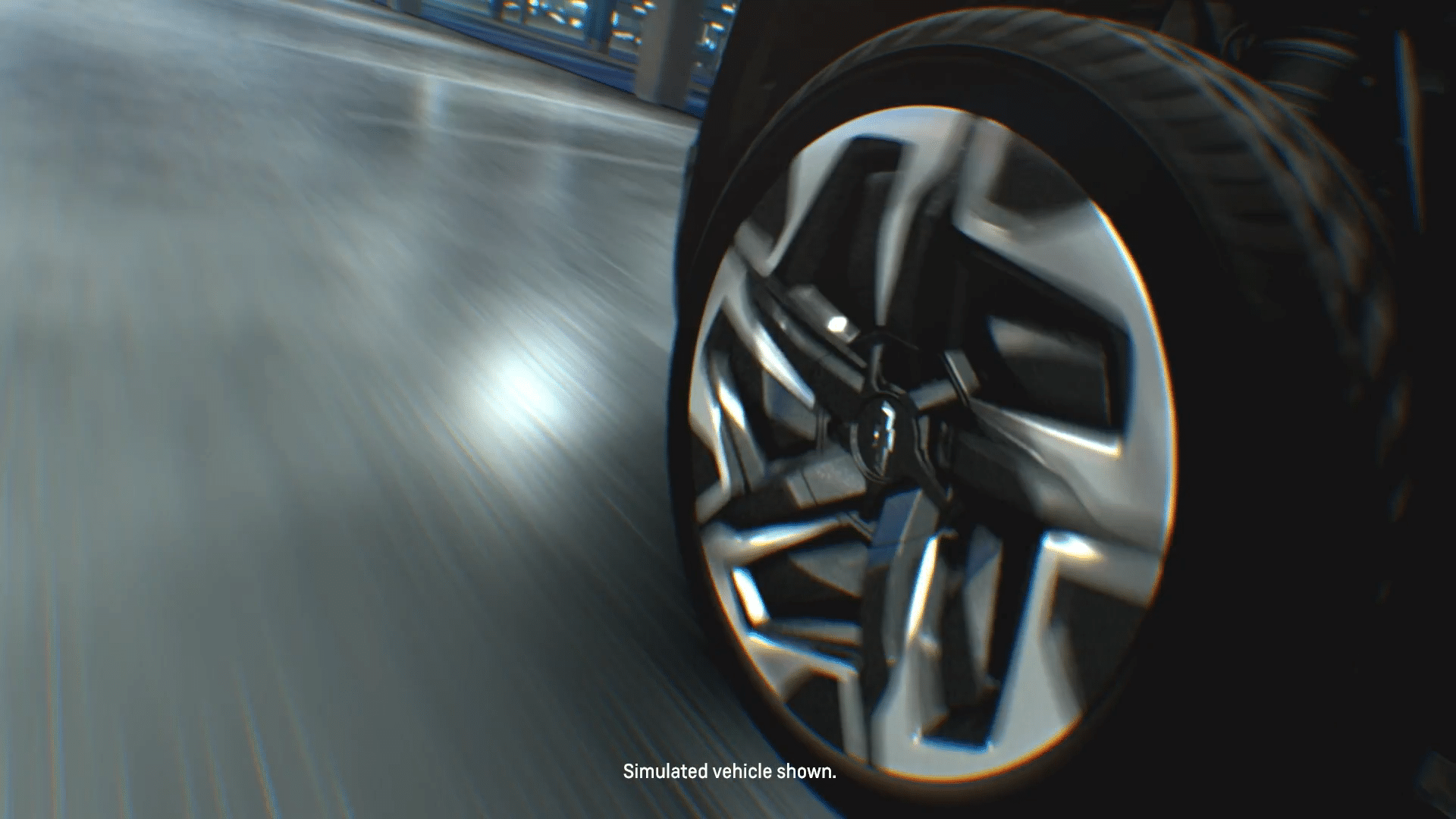With regard to the development of batteries for electric vehicles, the consensus is unanimous: the solid electrolyte battery is the next stage of evolution. More compact, more enduring and, above all, much more efficient than the nickel-based lithium-ion batteries or even the LFPs that we already know, the solid electrolyte battery has so far been promised by some major manufacturers of automobiles as the solution of the future.
We would therefore have expected that the next big revolution in the field of electric vehicles would come from brands like Tesla, Mercedes-Benz or BMW. Alas no. It comes from NIO, a young Chinese electric vehicle manufacturer that is rapidly gaining ground in other markets. Against all odds, it was he who became the first automobile manufacturer in history to market a solid electrolyte battery on a large scale.
Interchangeable batteries
Before going further about this famous battery, we must take the time to point out that NIO’s business model allows users to interchange their vehicle’s battery. Thanks to a whole network of public replacement stations, owners can upgrade their battery through a monthly payment, giving the vehicle more autonomy and performance.
It is precisely within the framework of this principle that NIO now offers consumers the possibility of installing a solid electrolyte battery. For the moment it would only be offered for the ES6 SUV, recently introduced to the manufacturer’s model range.

More durable, more efficient and more compact
This solid electrolyte battery, which comes from the Chinese supplier WeLion, has a capacity of 150 kilowatt hours while promising a range exceeding 900 kilometers. This last characteristic is possible thanks to the excellent energy density of solid electrolyte batteries. For reference, the best lithium-ion battery that NIO markets peaks at a density of 180 watt-hours/kilo, while this new battery is displayed at 261 watt-hours/kilo, an improvement of 44.44%.
But beyond the energy density, there is the endurance of this type of battery that impresses. While the best lithium-ion batteries cap out at 3,000 recharge cycles, the solid electrolyte battery can reach up to 10,000 recharge cycles without showing premature signs of degradation.
In its press release, NIO states that it eventually intends to allow owners of older models to exchange their lithium-ion battery for the solid electrolyte one. Everything will be done through its battery replacement stations. NIO specifies, however, that economies of scale will have to be established before arriving at this point.

Conclusion
This ad from NIO is impressive, but not amazing. If some traditional manufacturers are still slow to deploy a viable electric vehicle, some emerging manufacturers in China, such as NIO, BYD or Geely are light years away in terms of innovation. The automotive industry is changing at breakneck speed and only the most innovative will get ahead of the market.
Nevertheless, it will be interesting to see how quickly other manufacturers react. This is precisely the kind of competition the electric vehicle market needs in order to grow mass adoption.











